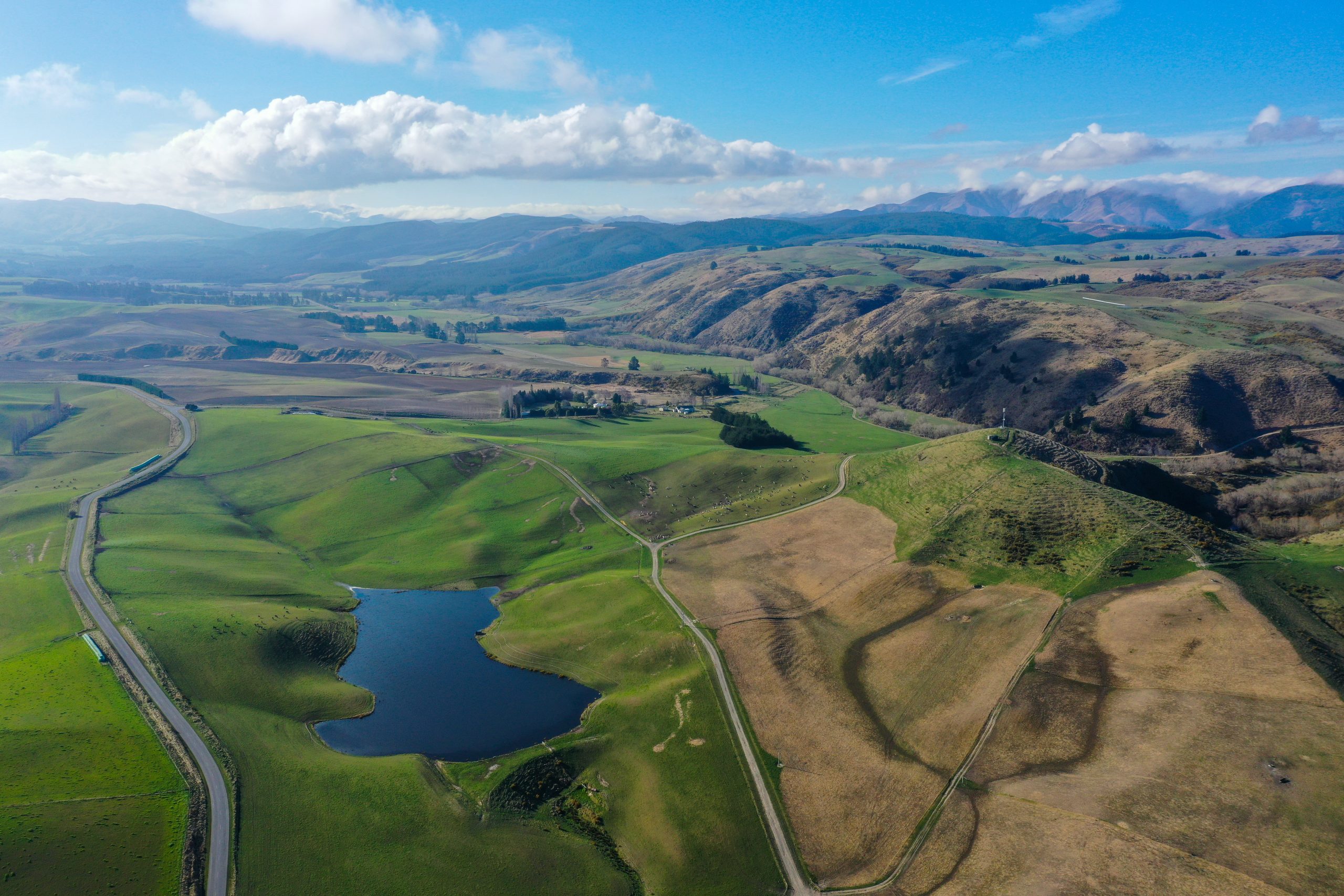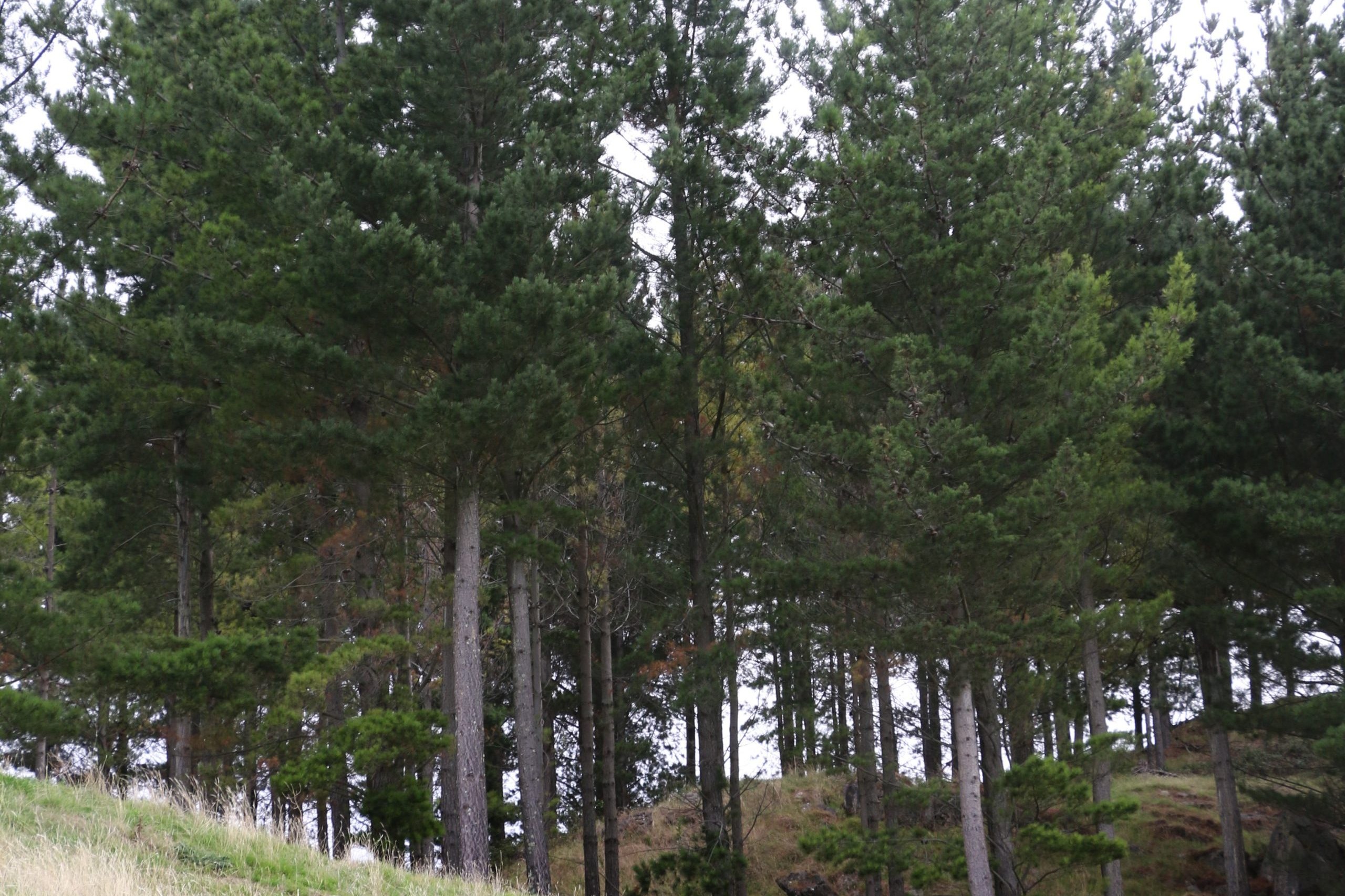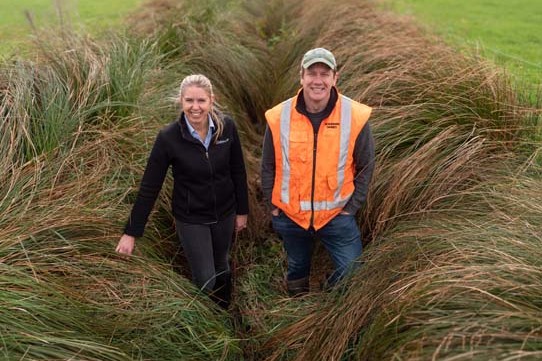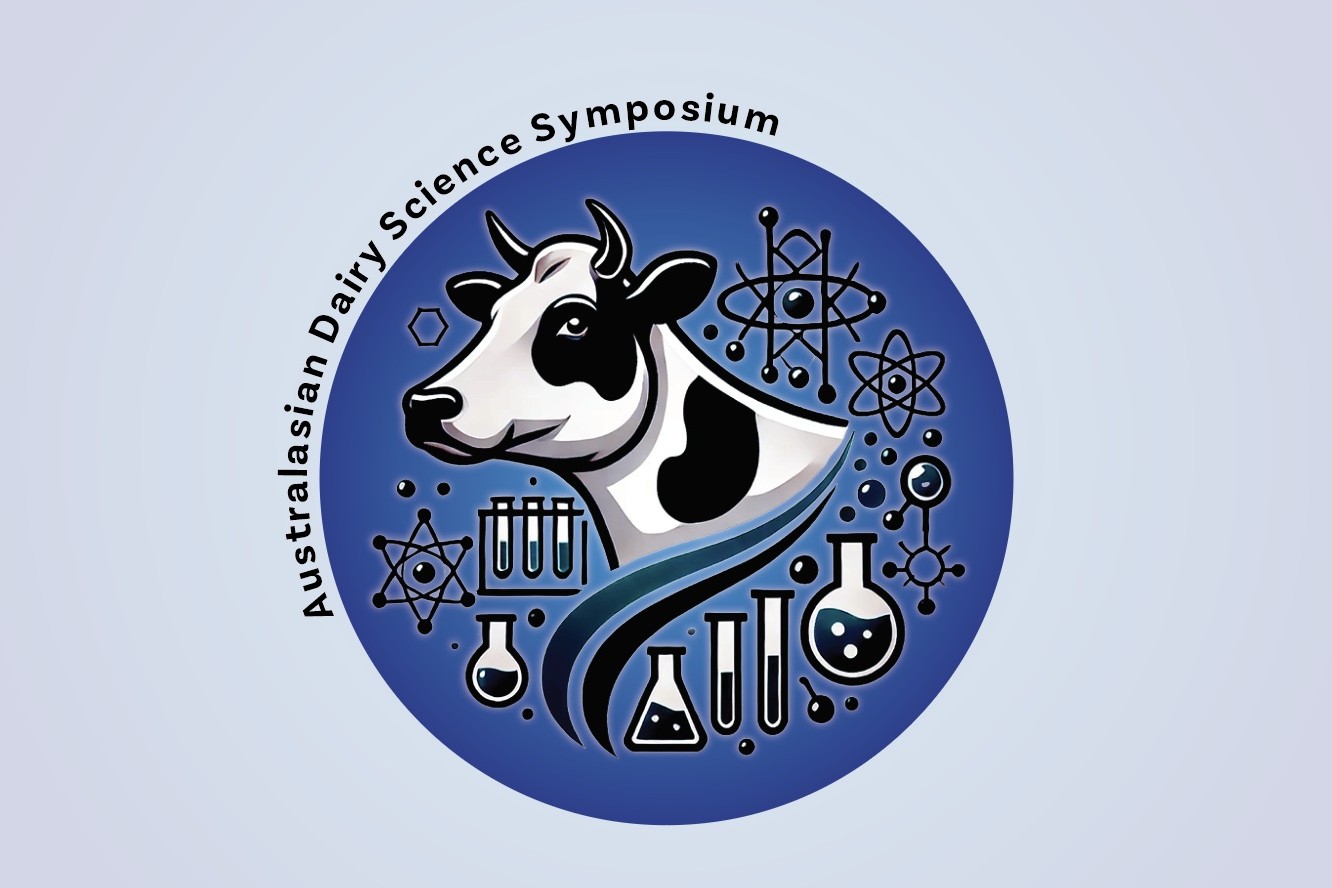The Government has released its proposals for agricultural emissions charges as part of climate change mitigations. Joanna Grigg reports on theproposals and their conflicts with the industry’s He Waka Eke Noa suggestions from the standpoint of the sheep and beef industry.
 On the table from the Government is a proposed scheme for agriculture. It puts a cost against every sheep, cattle beast and deer on the farm each day, based on their gas output. Farmers are expected to start paying this cost from 2025.
On the table from the Government is a proposed scheme for agriculture. It puts a cost against every sheep, cattle beast and deer on the farm each day, based on their gas output. Farmers are expected to start paying this cost from 2025.
It aims to reduce methane emissions on farms, by 10% by 2030. According to Prime Minister Jacinda Ardern, it will “carve out a high value space for our exporters”. Nicky Hyslop, South Canterbury farmer and Beef + Lamb NZ Director, says there may be some validity in this claim, long term.
“But our sector must be viable in the short and medium term and changes the Government has proposed to He Waka Eke Noa, puts this at risk.”
“We cannot accept this proposal as it stands.”
Commitment to reducing emissions is important for access to markets, she says, and for multinational customers like McDonalds and Nestle, but it may not attract premiums in the short term.
She thinks the scheme should deliver moderate emission reductions that reflect warming impact, while allowing farms and rural communities to be sustained.
“The Government proposal on the table and their modelling, clearly shows this will not be achieved and disproportionately impacts hill country farming.”
To ensure, as she puts it, “the guts of our farm communities are not hollowed out” she wants to keep the He Waka model. This is all farm sequestration recognised, ongoing industry involvement in governance, and emission price setting that reflects progress to targets.
“No-one else in the world is doing this, so a cautious approach is critical or we will simply be replacing New Zealand food with high-emissions food which is counterproductive for reducing global warming.”
Ignoring this consultation (closing November 18) and hoping it goes away with a 2023 election is not realistic. Christopher Luxon, National Party, says: “National supports New Zealand’s emissions targets, including reaching carbon net zero by 2050. And that means reducing agriculture emissions over time.”
National’s difference seems to be that they may allow farmers to earn credit for all forms of onfarm carbon capture. Hyslop says while farmers are rightly frustrated and disappointed, they should not panic.
“All the He Waka industry partners are collectively focused on getting changes to this.”
- First published in Country-Wide November 2022





